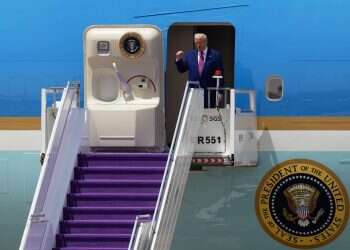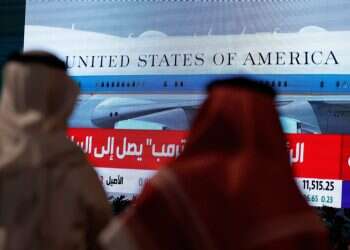Prime Minister Benjamin Netanyahu held talks on Sunday with senior security officials in the wake of the Hezbollah attack on Israeli troops earlier in the day along the Lebanese border. After the conversations, Netanyahu issued a statement he said that he had instructed the Israel Defense Forces to be "ready for all scenarios."
The talks were held by phone with the Israel Defense Forces Chief of General Staff Aviv Kochavi and other senior defense officials about an hour after Israel retaliated to the Hezbollah attack.
"I held consultations with major generals from the IDF and with the chief of general staff," Netanyahu said. "We were attacked with antitank missiles and we retaliated with 100 shells and airstrikes. We will continue our consultations regarding our next steps. I have instructed troops to be ready for any scenario; further steps will be decided on according to how things unfold. At this point I can announce one important thing: We have no casualties; no Israeli has been hurt, not even scratched."
Follow Israel Hayom on Facebook and Twitter
Hezbollah took responsibility for anti-tank missiles that were fired from inside Lebanon toward at IDF vehicles in and an IDF outpost near Avivim on the northern border on Sunday afternoon and claimed that the missiles hit IDF vehicles.
In a press release, Hezbollah said that it fired the missiles in retaliation for a drone strike early last week in which two of its operatives were killed in the town of Aqraba.
Former Prime Minister Ehud Barak, who has been one of Netanyahu's fiercest rivals and is standing for election as part of the Democratic Union list in the hope of unseating him, said he was putting politics aside in the wake of the escalation. "We send our encouragement to the IDF troops and to the brave residents of the north. Israel's security comes before everything else," Barak said.
Meanwhile, Lebanon's Prime Minister Saad al-Hariri called US Secretary of State Mike Pompeo and France's top diplomat on Sunday as Israel and Hezbollah exchanged fire along the Lebanon border.
Hariri's office said he made the calls "asking the United States and France to intervene in the face of developments at the southern border."




